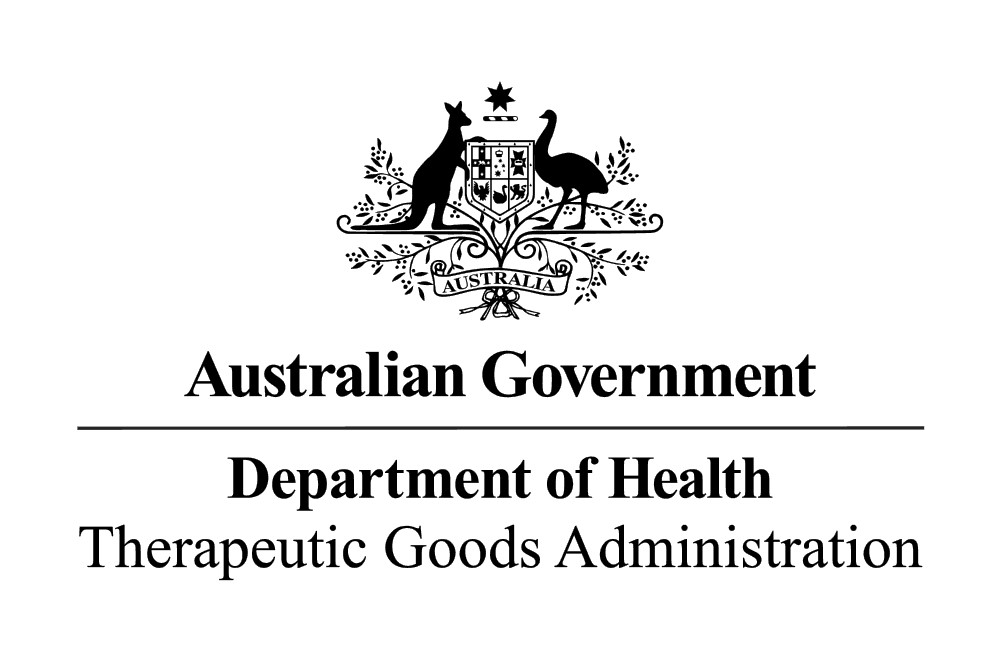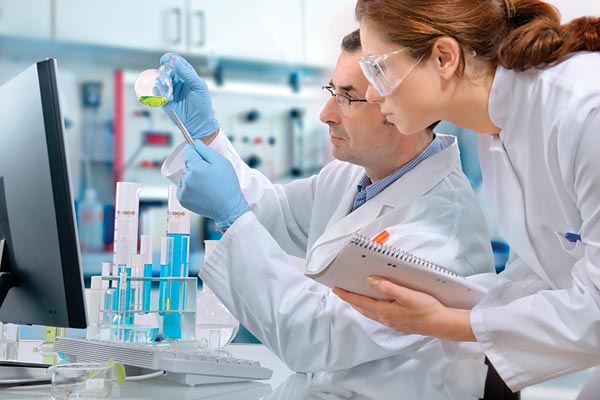The Therapeutic Goods Administration (TGA), the Australian regulating authority in the sphere of healthcare products, including medical devices, has announced public consultations on proposed improvements to the Therapeutic Goods Advertising Code (No.2) 2018, the country’s regulation establishing the rules for advertising and promoting healthcare products intended to be marketed and used in Australia.

Table of Contents
The document describes the current position of the TGA and should be used as a reference point for further discussion. The authority encourages industry representatives and other interested parties to submit their feedback and suggestions regarding the proposed regulatory approach.
The TGA intends to establish a framework ensuring the correct application of any and all regulatory requirements set forth in the aforementioned Code while also applying the least burdensome approach allowing the parties involved to reduce their expenses associated with compliance-related matters to the lowest extent possible. The feedback collected will be considered when developing any changes to existing regulations and preparing guidelines and additional resources for the medical device manufacturers.
The present consultation paper provides additional recommendations regarding certain provisions of the current legislation that, in the opinion of the parties involved, are unclear or create some differences when making attempts to achieve and ensure continuous compliance with them. In particular, the document summarizes the regulatory issues faced when applying the provisions of the Code and describes the changes suggested by the TGA. The authority will also continue the development of new guidance documents intended to provide medical device manufacturers with additional recommendations.
Regulatory Background
First, the document provides a brief overview of the current regulatory background for medical devices and other healthcare products, which are subject to regulation under:
- The Therapeutic Goods Act 1989, and
- The Therapeutic Goods Regulations 1990.
The two regulations listed hereabove create a basis for the country’s general regulatory framework for healthcare products.
The TGA also mentions that any and all healthcare products, including medical devices, intended to be marketed and used in Australia should be included in the Australian Register of Therapeutic Goods (ARTG) unless they are subject to a special exemption.
The regulatory framework for the advertising of therapeutic goods in Australia comprises several acts and regulations, as well as codes of practices introduced by the industry associations. The basics of the advertising rules are prescribed by the aforementioned Code, which introduces the minimum requirements to be met. The authority additionally emphasizes that almost all medical devices duly registered and included in the ARTG could be advertised to the general public, except the ones intended for professional use only. In the case of such devices, the price can be advertised, but not the functions, claims, or features. The advertising regulations are intended to ensure the information regarding a medical device an advertiser communicates to the broad public is accurate and reliable and reflects the actual benefits and risks associated with the product. In such a case, consumers (patients) will be able to make informed decisions.
The role of TGA in the sphere of advertising lies in the following actions:
- Developing and publishing additional guidelines describing the most important aspects of advertising rules and requirements, intended to assist medical device manufacturers and other parties involved in complying with the provisions of the applicable legislation,
- Performing continuous supervision and taking actions against market participants violating the applicable rules in order to ensure that any and all parties involved in the marketing and supply of medical devices comply with the regulatory requirements.
The TGA also states that the Code is effective only for two years, so there are some provisions that potentially require modification or improvement.

Therapeutic Goods Advertising Consultative Committee
The present consultation paper also mentions the Therapeutic Goods Advertising Consultative Committee (TGACC), a forum through which the TGA consults with industry, and media, publishing and broadcasting bodies involved in the advertising of therapeutic goods to the public. For this purpose, the Committee includes representatives of the government, consumers, and healthcare professionals. This allows the Committee to notify the regulating authority about any issues arising in the course of actual application of the provisions of the Code. Starting from 2020, the Committee commenced the collection of information regarding the particular elements of the Code requiring certain improvement and modification. It has also identified some aspects that need to be described in additional guidelines to be issued by the TGA in order to assist medical device manufacturers and other parties involved in applying them in the course of their activity.
However, the present consultation paper is also based on the information collected by the TGA when taking regulatory actions against those failing to comply with the applicable regulatory requirements in the sphere of advertising medical devices in Australia.
Options for Improvement
The main part of the consultation paper is dedicated to the particular aspects the TGA suggests to improve. All the proposed changes are described in a structured way and divided into blocks depending on the appropriate sections of the Code.
- Section 4: Additional definitions. According to the requests from the interested parties, some of the terms and concepts used in the Code require additional clarification. This relates to such terms as “claims,” “indications,” “endorsement,” and “testimonial.” In order to improve this, the TGA suggests adding new definitions and making certain changes to the existing ones to make them more clear and understandable.
- Section 10: Prohibition on causing fear or distress. Under the appropriate rule, an advertisement should not result in fear or distress for potential customers. Neither should the advertisement exploit the lack of knowledge of the customers. In this regard, the TGA recommends that industry representatives and other parties involved share their opinion on whether such a requirement needs to be strengthened.
- Section 11: Introduction of a mandatory statement for therapeutic goods that cannot be purchased by the public. As mentioned, the rules for advertising medical devices intended for professional use only are different from the general ones. For instance, the requirement to include mandatory statements and warnings usually provided to customers could be waived due to the assumption that healthcare professionals are already aware of such information due to their skills and knowledge. However, if such an advertisement is placed in a way that makes it available for the general public, the aforementioned elements should be included as well. The TGA states that an entirely new regulatory approach should be developed to address such issues.
Apart from the ones listed above, the present consultation paper highlights the most important aspects associated with the application of certain regulatory provisions and provides the suggested ways to improve them.
In summary, the consultation paper on advertising requirements published by the TGA outlines certain regulatory issues arising with regard to the advertising of medical devices and other healthcare products. The document describes the way these issues could be resolved and encourages the interested parties to provide their feedback and suggestions.
Sources:
How Can RegDesk Help?
RegDesk is a next-generation web-based software for medical device and IVD companies. Our cutting-edge platform uses machine learning to provide regulatory intelligence, application preparation, submission, and approvals management globally. Our clients also have access to our network of over 4000 compliance experts worldwide to obtain verification on critical questions. Applications that normally take 6 months to prepare can now be prepared within 6 days using RegDesk Dash(TM). Global expansion has never been this simple.

